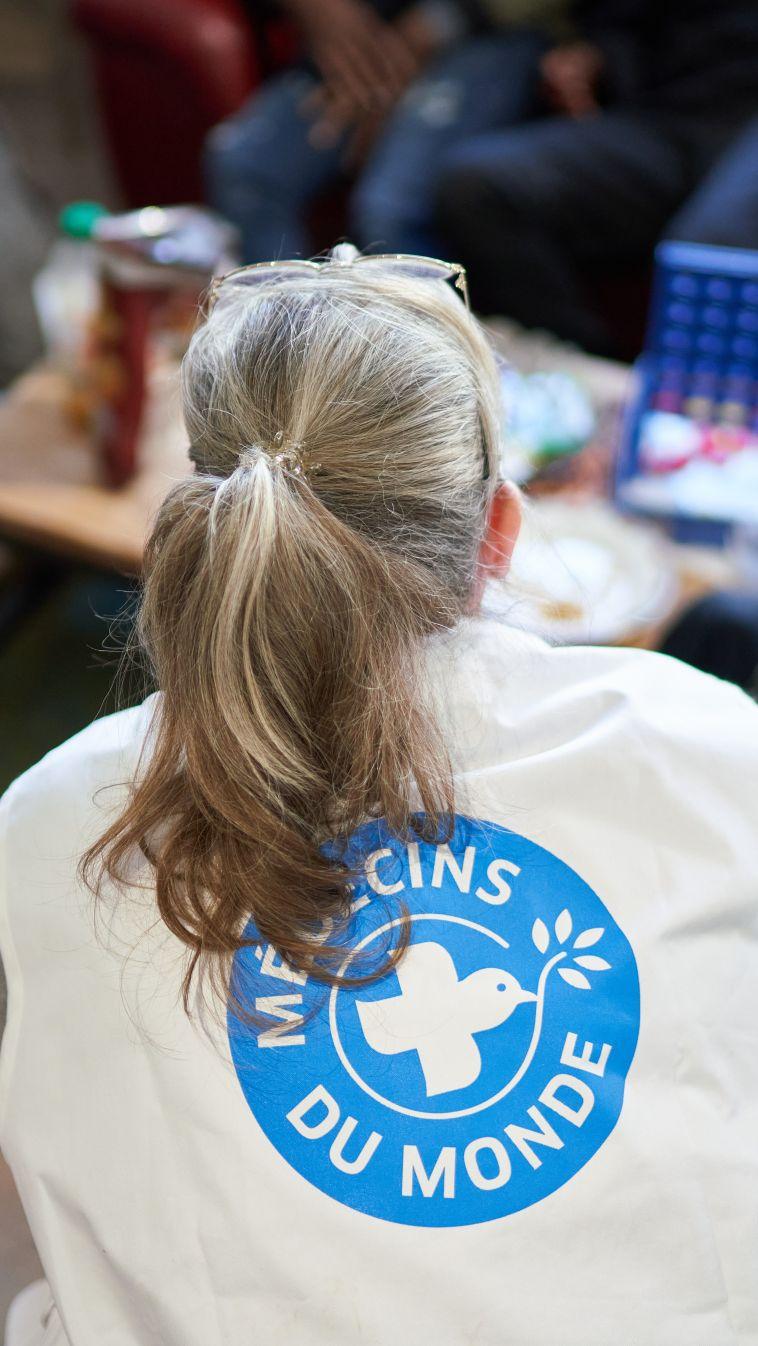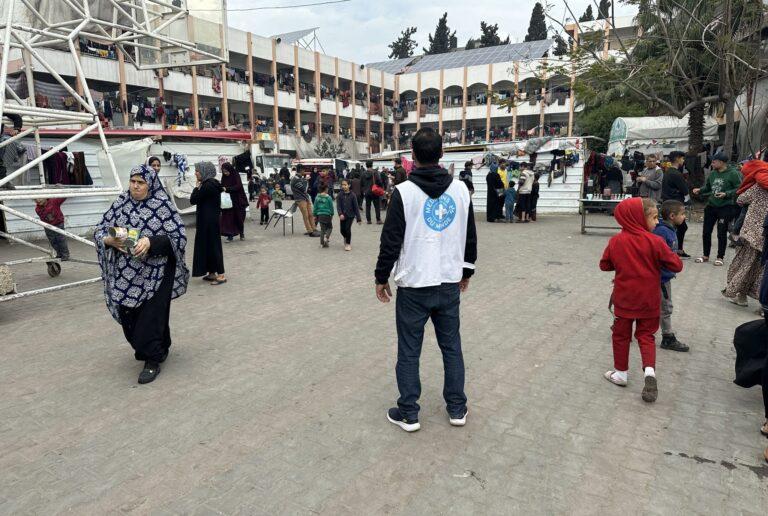JE DÉCOUVRE LE DON MENSUEL
JE DÉCOUVRE LE DON MENSUEL
JE DÉCOUVRE LE DON MENSUEL
JE DÉCOUVRE LE DON MENSUEL
JE DÉCOUVRE LE DON MENSUEL
JE DÉCOUVRE LE DON MENSUEL
JE DÉCOUVRE LE DON MENSUEL
JE DÉCOUVRE LE DON MENSUEL
JE DÉCOUVRE LE DON MENSUEL
JE DÉCOUVRE LE DON MENSUEL
JE DÉCOUVRE LE DON MENSUEL
JE DÉCOUVRE LE DON MENSUEL
JE DÉCOUVRE LE DON MENSUEL
JE DÉCOUVRE LE DON MENSUEL
JE DÉCOUVRE LE DON MENSUEL
JE DÉCOUVRE LE DON MENSUEL
JE DÉCOUVRE LE DON MENSUEL
JE DÉCOUVRE LE DON MENSUEL
JE DÉCOUVRE LE DON MENSUEL
JE DÉCOUVRE LE DON MENSUEL
JE DÉCOUVRE LE DON MENSUEL

Report summary 2025 of the Observatory on access to rights and care
Health is not only a matter of individual luck – it is also a political choice.
Social security came into being eighty years ago with a clear ambition: to make health a common good by socialising the risk of illness through collective, cohesive funding. Today, this anniversary has come round in a climate of marked decline.
The ways mentioned to implement this include increasing the number of days before qualifying for sick pay, increasing the patient’s proportion payable for medicine costs, raising the fee for consultations and further tests, and restricting long-term illness provision and health rights for certain population groups. These many measures would increase the burden falling on patients and undermine the provision of their care.
However, on the ground we are witnessing just how incomplete and unequal this access remains. In 2024, almost four out of five people seen at our centres were unable to exercise their rights, despite being eligible for health cover.
Multiple obstacles exist: a lack of fixed address for those in precarious circumstances, disincentives imposed by the digitisation of procedures, an increase in the proportion of costs not covered and restrictive practices deployed against certain sectors of the public. These barriers translate as delays to and even abandonment of treatment with direct consequences on health. In 2024 our teams saw more than 15,000 people: more than one third had delayed seeking treatment and three out of five patients were diagnosed with a chronic disease.
We put forward concrete recommendations and advocate for structural reform that establishes residence-based universal health cover, and for simplified procedures, equal rights and democratic governance.
Continuing to honour the pledge made by France’s Conseil national de la resistance (National Council of the Resistance) is not a utopian dream. It is a societal choice, and it is up to us to sketch out the way forward. Hence we are committed to contributing to the public debate in order to build public health insurance fit for the twenty-first century that is genuinely universal, inclusive and accessible to all.
Dr Jean-François Corty, President of Médecins du Monde














